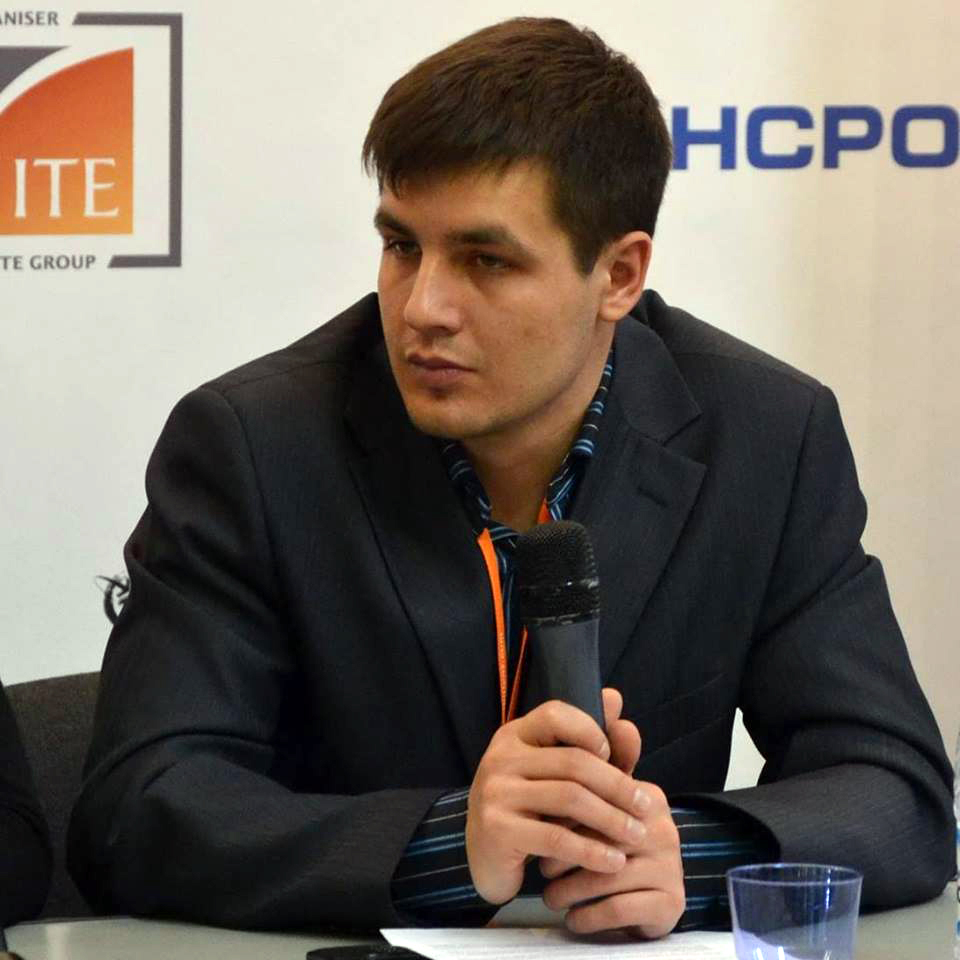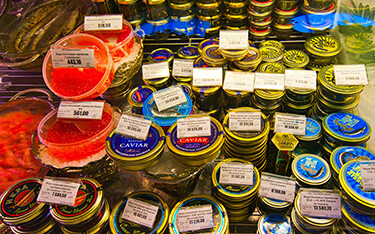Ivan Stupachenko is a Russian freelance business writer reporting from St. Petersburg for Russian and international publications on various topics. He has been a print and an online journalist for 18 years at business newspaper Kommersant. Ivan also works as an editor for St. Petersburg Travel Guide and writer for Business St. Petersburg, the city’s biggest business publication
Author Archive
The Russian seafood industry is at a crossroads as large companies are beginning to invest more money and seek more quotas from the country’s government, while smaller companies oppose big changes in how quotas and the market are configured.
Russia’s seafood industry has had a complicated history and faced rapid a rapid deterioration of its fishing and processing capacities in the early 2010s. An economic crisis in the 1990s, and a
… Read MorePrices for salmon roe in Russia are hitting historic highs, despite the second-most successful salmon season in the last decade.
An upward trend on salmon roe in the Russian market started in November 2020, following a poor salmon season. Steady price growth in the subsequent months appeared to be the result of the supply crunch …
Photo courtesy
… Read MoreThe pollock biomass in the northern part of the Sea of Okhotsk have created favorable forecasts for Russia’s pollock A season, but the age structure of the catch hints at potential problems …
Photo courtesy of knyazev
… Read MoreThe Russian seafood industry is project to catch 5 million metric tons (MT) of seafood in 2021, with the country’s aquaculture operations producing 386,000 MT, Russian Ministry of Agriculture Head Dmitry Patrushev said in a speech at Russian parliament on 14 December …
Photo courtesy of Konstantin
… Read MoreThe Russian government is working with seafood retailers and producers to seek a way to enhance domestic demand for Russian-caught seafood.
Russia has been faced with an excess supply of seafood since late 2020, when the COVID-19 pandemic led China to drastically tighten its imports of Russian seafood. Prior to the move, China accounted for 60 percent of Russia’s market for pollock.
The closure of the Chinese market has had
… Read MoreMurmansk, Russia-based Norebo has purchased the Petropavlovsk Kamchatskiy Repair Plant (PKRP) and its affiliated companies to service its own and other companies' fishing fleets.
The purchase marks Norebo’s first foray into the ship-repair sector. PKRP is located in the Kamchatka Peninsula, near where most of Russia’s national catch – particularly pollock – is caught in the Sea of Okhotsk.
Norebo did not disclose the
… Read MoreThe Russian government is considering new regulations making barcoding seafood products mandatory for traceability purposes – with a particular focus on sturgeon products, including caviar …
Photo courtesy of
… Read MoreThe Russian government is planning to expand its investment-quota program, which offers seafood companies that build new vessels and processing facilities in Russia additional fishing rights for sought-after species.
Russia’s Ministry of Agriculture has published a new draft of a law that would regulate the distribution of fishing rights in Russian waters. After public discussions with industry and federal bodies – which can propose
… Read MoreMoscow, Russia-based ZET Holdings – a subsidiary of the Antey Group, owned by Igor Mikhnov and Arkady Pinchevsky – has acquired Murmansk-based Zigrand, a subsidiary of the North-Western Fishery Consortium.
ZET-Holdings was established earlier this year, with Mikhnov and Pinchevsky each holding 49 percent stakes in the company, and company director Evgeny Fedorenko having the remaining two percent stake …
Photo
… Read MoreRussia's Ministry of Agriculture has announced that the country’s total allowable catch (TAC) for pollock in 2022 will be decreased from 1.996 million metric tons (MT) to 1.927 million MT.
The decision comes soon after the Russian Research Institute of Fisheries and Oceanography (VNIRO) said there may be a decline in the pollock biomass in the Sea of Okhotsk, the primary source of Russian pollock. In late October, VNIRO presented results
… Read More

















